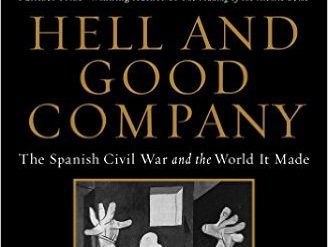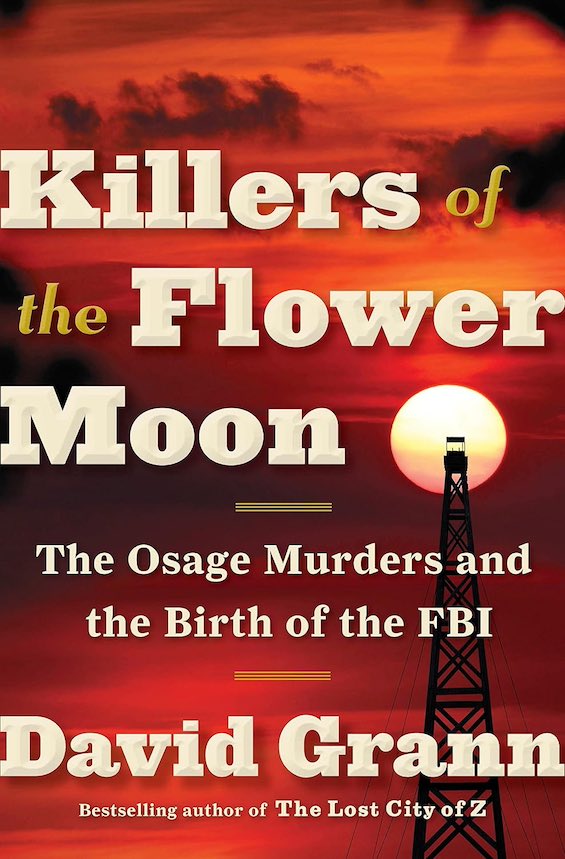
Will Israel survive? Surely, this is one of the most urgent questions in world affairs today. If you care about Israel and its people, or if you’re simply concerned about the prospects for peace in the Middle East, you owe it to yourself to read Ari Shavit’s My Promised Land. Fair warning, though: you won’t come away from reading this book feeling hopeful about Israel’s future. Though the author ends on a high note, celebrating the emergence of new, middle-class political forces in the 2013 Israeli elections, he dwells at such length on the strategic cul-de-sac that the country has dug for itself that, on balance, you’ll worry.
Estimated reading time: 3 minutes
If there is a single message in My Promised Land, it’s this:”As the second decade of the twenty-first century has begun to unfold, five different apprehensions cast a shadow on Israel’s voracious appetite for life: the notion that the Israeli-Palestinian conflict might not end in the foreseeable future; the concern that Israel’s regional strategic hegemony is being challenged; the fear that the very legitimacy of the Jewish state in eroding; the concern that a deeply transformed Israeli society is now divided and polarized, its liberal-democratic foundation crumbling; and the realization that the dysfunctional governments of Israel cannot deal seriously with such crucial challenges as occupation and social disintegration.” Not a pretty picture, is it?
My Promised Land: The Triumph and Tragedy of Israel by Ari Shavit (2013) 512 pages ★★★★★
It would be difficult to find anyone better informed or better positioned to write this wide-ranging assessment of Zionist history, Israel’s internal politics, and the country’s strategic position in the region than Ari Shavit. A long-time columnist for Haaretz, Israel’s oldest daily newspaper, and a contributor to The New Yorker, Shavit is a fourth-generation Israeli, a great-grandson of one of the founders of the Zionist project. And you can’t read My Promised Land without reaching the conclusion that Shavit personally knows just about everyone who is anyone in Israel and has interviewed the rest of them for his column.
The book interweaves memoir with commentary and interviews with travelogue, yielding both a sketchy but useful history of emergence of the Jewish state and an assessment of its present-day reality and prospects for the future. Shavit writes with verve and conviction—conviction, for sure, as he argues passionately with many of his interview subjects. His deep feelings about his subject are unmistakable: he writes about his emotional attachment to the land, his grief over the expulsion of the Palestinian people and their unequal treatment in Israel today, his disgust with the settlers and the ultra-Orthodox, and his despair over the occupation of the West Bank. Shavit is, in short, a quintessential Israeli who wears his emotions on his sleeve.
So, will Israel survive? Shavit offers no categorical answer. But his book provides a great deal of food for thought.
For related reading
My Promised Land is the second important book I’ve read about Israel in recent years. The other was a novel, The Debba, by Avner Mandelman (A superb novel digs for roots in Israel’s modern history). Though framed as a murder mystery, the novel is, more properly, an inquiry into the nature of the Israeli-Palestinian conflict. The two books are well worth reading together.
This is one of Great books about Jewish topics.
You may enjoy browsing through 20 top nonfiction books about history.
If you enjoy reading history in fictional form, check out 20 most enlightening historical novels.
And if you’re looking for a broader view of human history, check out New perspectives on world history.
And you can always find my most popular reviews, and the most recent ones, on the Home Page.



























